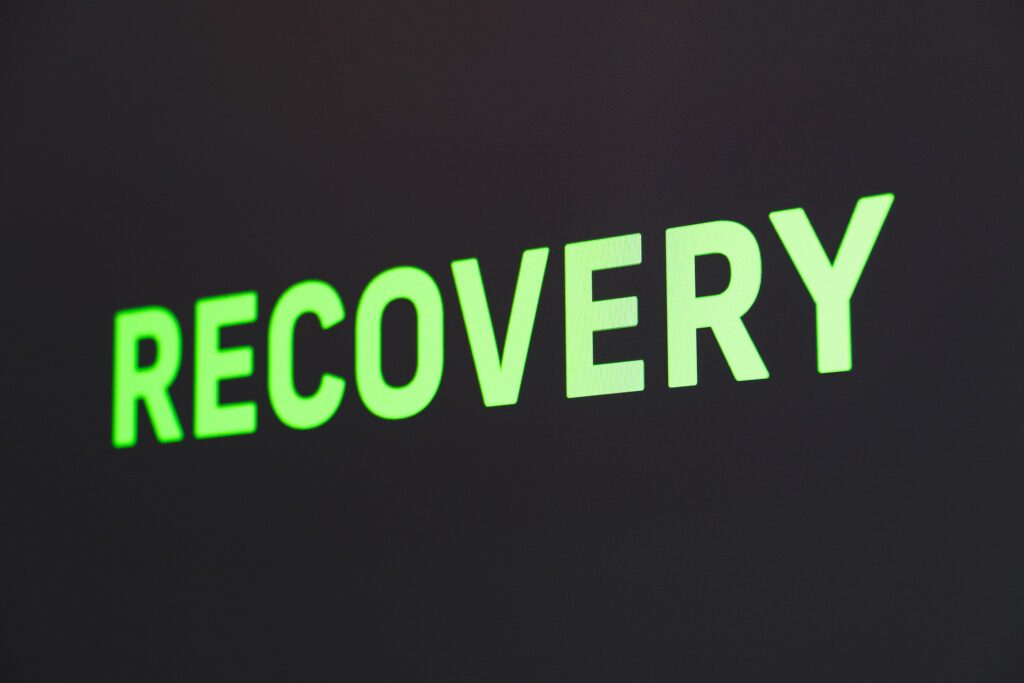Anticipating recovery anthropologically
In my last blog I wrote about evaluating the past; this note asserts that politicians fail to anticipate the future with sufficient imagination.

Politicians in democracies are often brilliant at anticipating what they need to do to win the next election, in most cases staying in close touch with their local party members and as many electors as possible. One British MP told me he has canvassed every Saturday of his life for decades and puts a letter through the door of every new resident just after they moved into the neighbourhood. But politicians in government become so absorbed with everyday crises that they rarely reflect and can sometimes fail to see what is looming on the horizon. As the political theorist John Dunn warns, politicians tend to stumble in their task of complex administration.
The 2009 expenses scandal should have been anticipated by Westminster MPs, especially those involved in administering the House of Commons. Easy to say with the benefit of hindsight. But still, it would have been possible: once Parliament passed the Freedom of Information Act, they should have guessed that journalists would use it to demand to see MPs’ expenditure. When preparing for the Brexit referendum, politicians should have anticipated that whichever side won it would refuse to see it as ‘advisory’. Either the government should have reminded us all that the referendum was only advisory every single time Brexit was mentioned, and that what would follow would only be an inquiry and debate to see what was possible, or made it mandatory and set the bar at, say, 60% for a constitutional change. They did not think hard enough about the various scenarios that might play out in the future. (And/or did not listen closely enough to the warnings of those politicians and officials who warned them about what might happen).
So, what should we advise them about coping with the national emergencies that are looming post-Covid. First, they should understand the most serious breakdowns in depth and as experienced by different groups. We will all have a different view but my biggest worries would be:
- Mental health, especially among young and old people
- Climate breakdown, especially in the Global South
- Sustainable livelihoods, employment and social security, especially for lower income groups
- Safety, especially for refugees and those facing racism and conflict
- Democracy and the relationship between politicians and people
To be practical about the last one, deepening democracy should now focus on recovery post-Covid; to be more specific, a recovery on the scale that was needed after the Second World War. All of the breakdowns require complex strategies for finding out the diverse needs of different groups, prioritising and continual review. Part of the review will involve scrutiny by Parliament, the press and experts including academia and debate with groups of citizens affected by decisions.
I hope the government will listen to anthropologist experts. We are good at addressing the missing links between understanding what is happening to individuals (that is the domain of behaviourists, among others) and wholes (e.g., systems, structures, cultures), through relationships and networks. For an excellent policy-related example, see the work of the anthropologist Laura Bear (LSE), who sits on SAGE, and her team. In their Right to Care report about Covid as experienced by people (not just systems) they argue that rules should take account of kinship and other networks; we need to invest in social infrastructure; an economic package should take account of diversity; a social calculus would be more useful than measuring productivity; avoiding stigmatising narratives is vital; and we should gather more evidence about the social experience of Covid. They launched a new series (Anthropology Communicates) at the Royal Anthropological Institute’s Committee on the Anthropology of Policy and Practice, to be followed on 9th December 11 am by one featuring Abbi Hobbs and me talking about how to influence House of Commons Select Committees. Our emergencies are so grave, we need anthropologists to help understand and solve the social problems we face.
But I fear that governments will leave the job of anticipating post-Covid to the Treasury, as if recovery is mainly about budgeting to revitalise the economy and raising taxes to pay for it. That is surely part of it, but all government departments need to influence scenario planning in consultation with those affected. If we don’t all have a serious say in what’s needed in the recovery (of health, climate, livelihoods, safety and democracy, as examples), then the danger is that we plunge into a more bitter, unequal and conflict-ridden world.
The breakdowns will be a problem for all of us, even the lucky ones like me who have good health, a job and a feeling of safety (Inshallah). Why? Because unless our bubble is weirdly small and cut off from the world – and mine isn’t – then we will all be grieving for family and friends who are grappling with mental illness, worry about climate, conflict, unemployment, racism and loss.
It is not all gloom and doom. Covid has taught us to appreciate the importance of family, friends and colleagues and possibly even learn to love strangers a little more. We have also had to learn to meet and interact in different ways, especially useful for those of us who work internationally. New ways of working (flexibly, digitally, in new configurations) offer opportunities to avoid pointless endeavour and create more point-full collaboration.
But blanket positivity that sounds benign to some (make America/UK great) can dishonest, excluding and depressing. I’d argue for an approach to recovery that is people-centred, recognises loss and finds specific and inclusive ways to be optimistic.